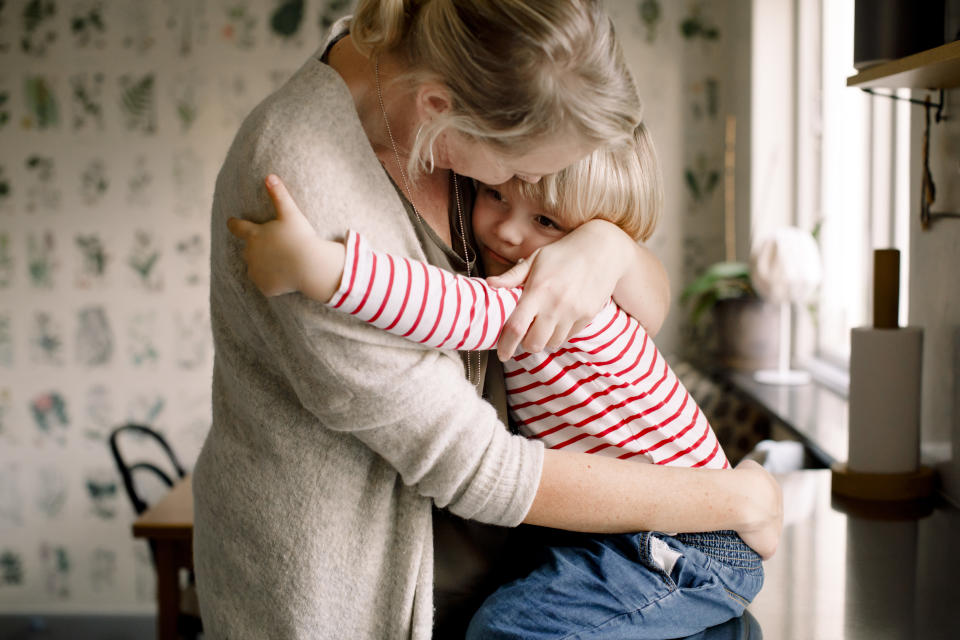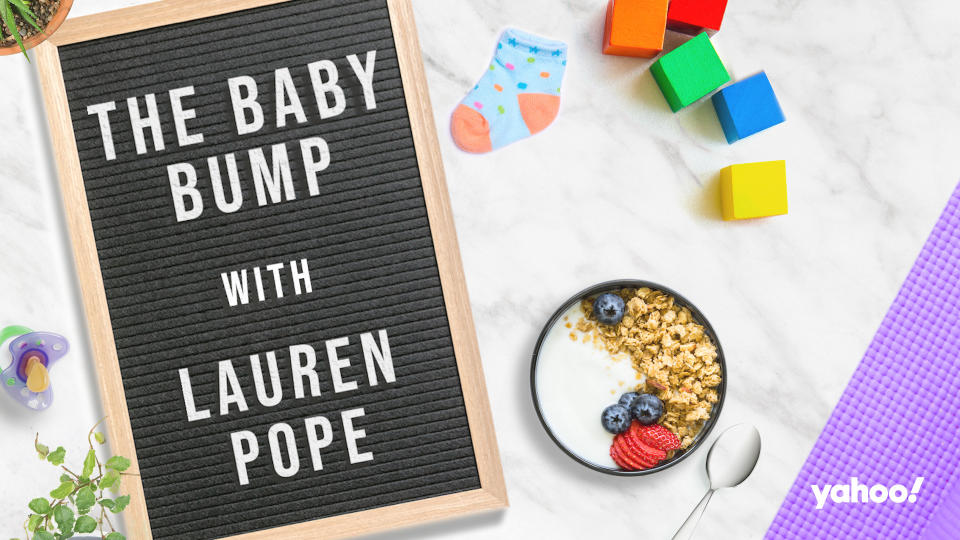Why keeping calm is imperative when administering first aid, according to an expert
It’s long been thought that children and babies can pick up on the stress and anxiety parents are feeling. We’ve all had stressful days only to note that this behaviour has rubbed off on people around us - child or adult.
There’s science behind this, too. One study published in Psychological Science found that babies don’t just pick up on their parents’ moods, they also show physiological signs of stress to mimic their parents.
“Your child will pick up from you if you’re feeling very nervous or panicky, so even if it’s only on the exterior, being calm will get you to a far better solution,” Michelle Murray, first aid trainer at Daisy First Aid explains.
The first aider shared this information on Yahoo UK’s The Baby Bump with Lauren Pope, where Pope admitted it must be hard to keep calm in an emergency situation.
Read more: Birth expert shares tips on how to get through first 12 weeks
“It’s about taking a breath and allowing your brain to kick in,” Murray explained how keeping calm in stressful situations is possible.

Pausing before reacting to anything in life is often seen as a helpful tool to stop you from acting out of character, but in emergency situations in can be the difference between calming the room and heightening emotions.
“If you’re calm you can see things in colour, if you’re panicking it’s very black and white - it’s ‘I do this’ or ‘I do that’, and then you make very snap decisions.”
“Staying calm will allow you to have a moment of clarity,” Murray continues.
Read more: Lauren Pope talks birth fears
Knowing when you need to get help is another key consideration in an emergency situation and in many cases that’s where a parent’s instinct kicks in.
This is sometimes referred to as a “mumstinct” when talking about a mother’s ability to naturally know what to do when something doesn’t go to plan.
In The Modern Midwife’s Guide to Pregnancy Birth and Beyond, author and midwife Marie Louise explains that trusting your inner voice is the most valuable piece of advice she can offer new parents.
How do you encourage this instinct to kick in?
“The best way to be in tune with your instincts is if you’re resting and recovering rather than always ‘doing’,” she explains.
“I’m sure you’ve all had those random thoughts when you’re in the shower, changing the bed sheets or making a cuppa. Thoughts that lead to a realisation or important decision.
“All new mums have mumstinct and it works best when you have the opportunity to tune into it like a radio frequency, cutting out most other noise.”
Murray agrees: “When you’re a parent I think that some of the things you’re worried about now do go out the window, because something else kicks in, that instinct to look after your child.”





